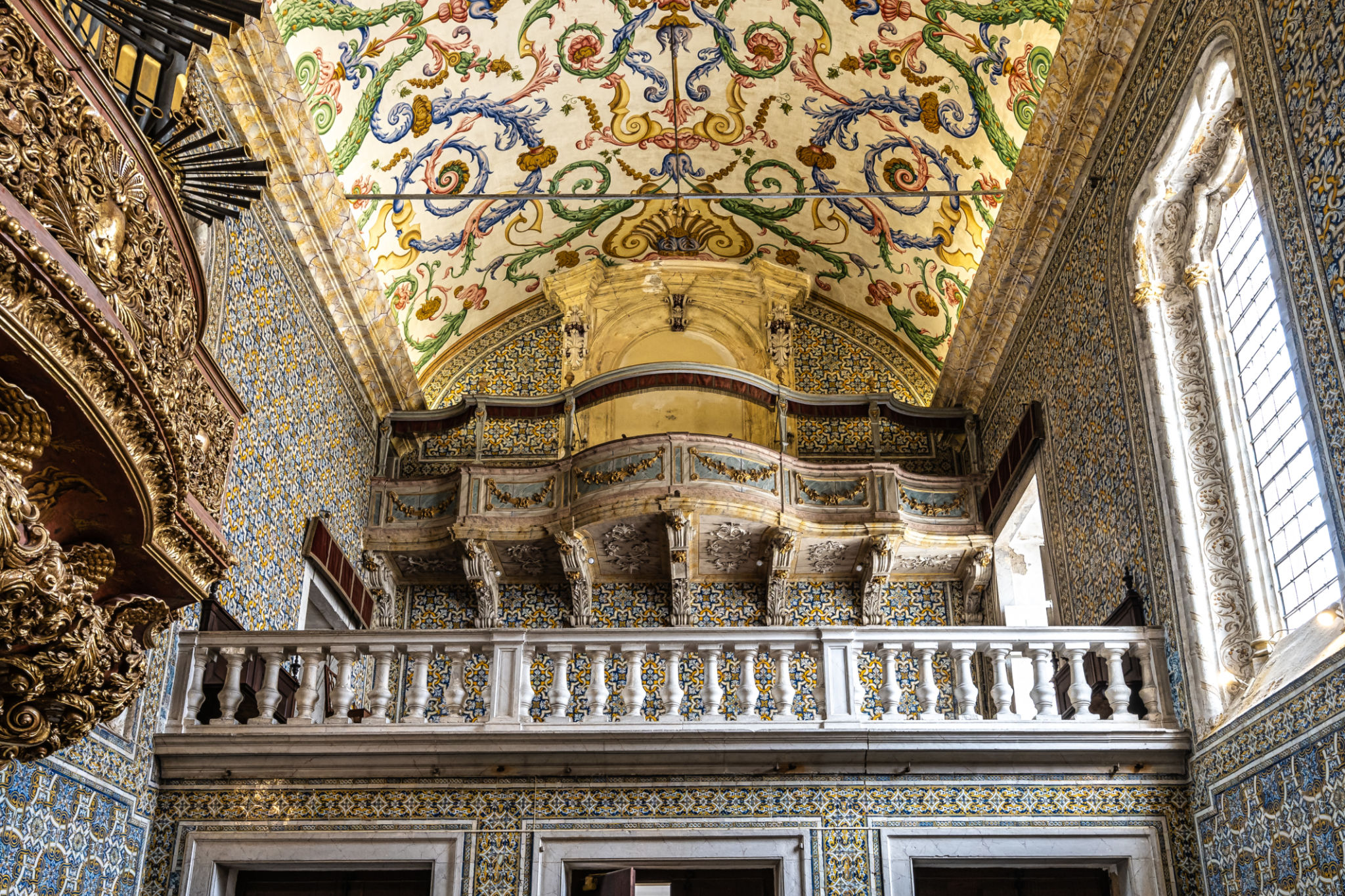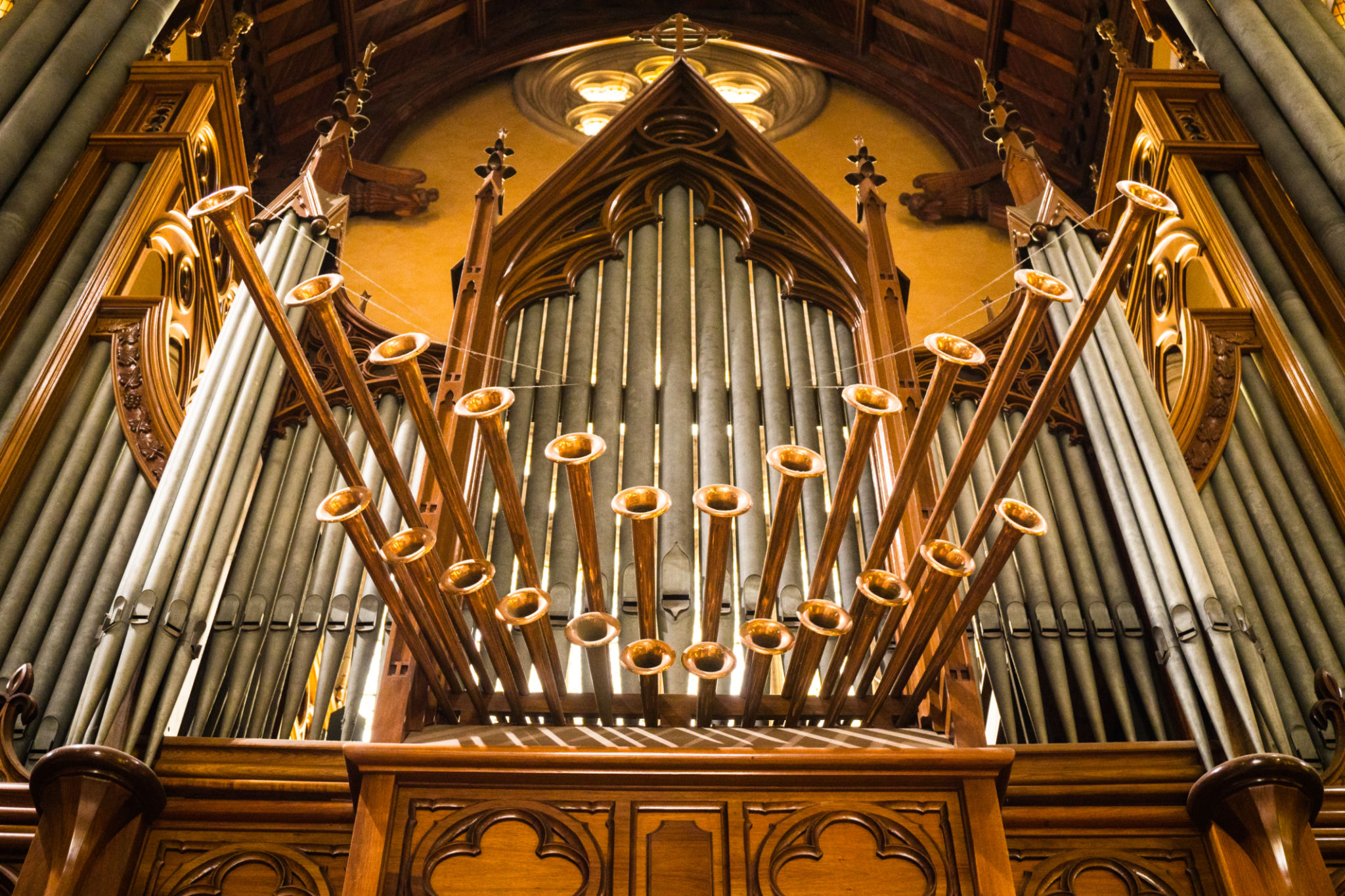Discovering the Rich History of Pipe Organs in Portugal
The Enchanting World of Portuguese Pipe Organs
Portugal's rich musical heritage is often celebrated through its traditional Fado music, but there's an equally fascinating aspect of its history that resonates through the grand halls of churches and cathedrals: the pipe organ. Known for their majestic sound and intricate craftsmanship, pipe organs have been a significant part of Portuguese culture since the 16th century.
These monumental instruments are more than just musical devices; they are historical artifacts that tell the story of Portugal's artistic and religious evolution. Each organ is a testament to the skill and dedication of the craftsmen who built them, as well as to the communities that have preserved them over centuries.

The Golden Age of Pipe Organs in Portugal
The golden age of pipe organs in Portugal occurred during the Baroque period, a time when music and art flourished under the patronage of the Catholic Church. It was during this era that some of the most magnificent organs were constructed, many of which still exist today.
During this period, Portuguese organ builders developed unique styles and techniques, influenced by both Iberian and Flemish traditions. These instruments were characterized by their elaborate woodwork and ornate carvings, often featuring gilded decorations and intricate designs that reflected the opulence of the Baroque style.
Notable Pipe Organs and Their Locations
Portugal is home to numerous notable pipe organs, many of which are housed in its historic churches and cathedrals. Some of the most famous include:
- The Royal Basilica of Mafra, which boasts a set of six organs in perfect harmony.
- The Se Cathedral in Lisbon, known for its stunning 18th-century organ.
- The Church of São Vicente de Fora, which houses one of the oldest organs in Lisbon.

The Restoration and Preservation Efforts
In recent years, there has been a growing movement to restore and preserve these historical instruments. Experts from around the world have collaborated with local craftsmen to ensure that these organs continue to enchant future generations. This involves not only repairing mechanical parts but also carefully restoring the aesthetic beauty of their cases.
These efforts are crucial for maintaining the cultural heritage of Portugal, allowing both residents and tourists to experience the grandeur of Baroque music in its original context. Many churches now host regular organ concerts, drawing enthusiasts from across the globe.
The Role of Pipe Organs in Modern Portuguese Culture
Today, pipe organs continue to play a vital role in Portugal's cultural landscape. They are featured in a variety of musical genres, from classical to contemporary compositions. The unique sound of these instruments adds depth and richness to any performance, captivating audiences with their powerful acoustic presence.

In addition to their use in concerts, pipe organs are central to many religious ceremonies and festivals throughout Portugal. They provide a musical backdrop that enhances the spiritual atmosphere, connecting the past with the present through their timeless melodies.
Through dedicated preservation efforts and a continued appreciation for their artistry, Portugal's pipe organs remain a cherished part of its cultural identity. Whether you are a music enthusiast or a history buff, exploring these magnificent instruments offers a unique insight into the country's rich artistic legacy.
